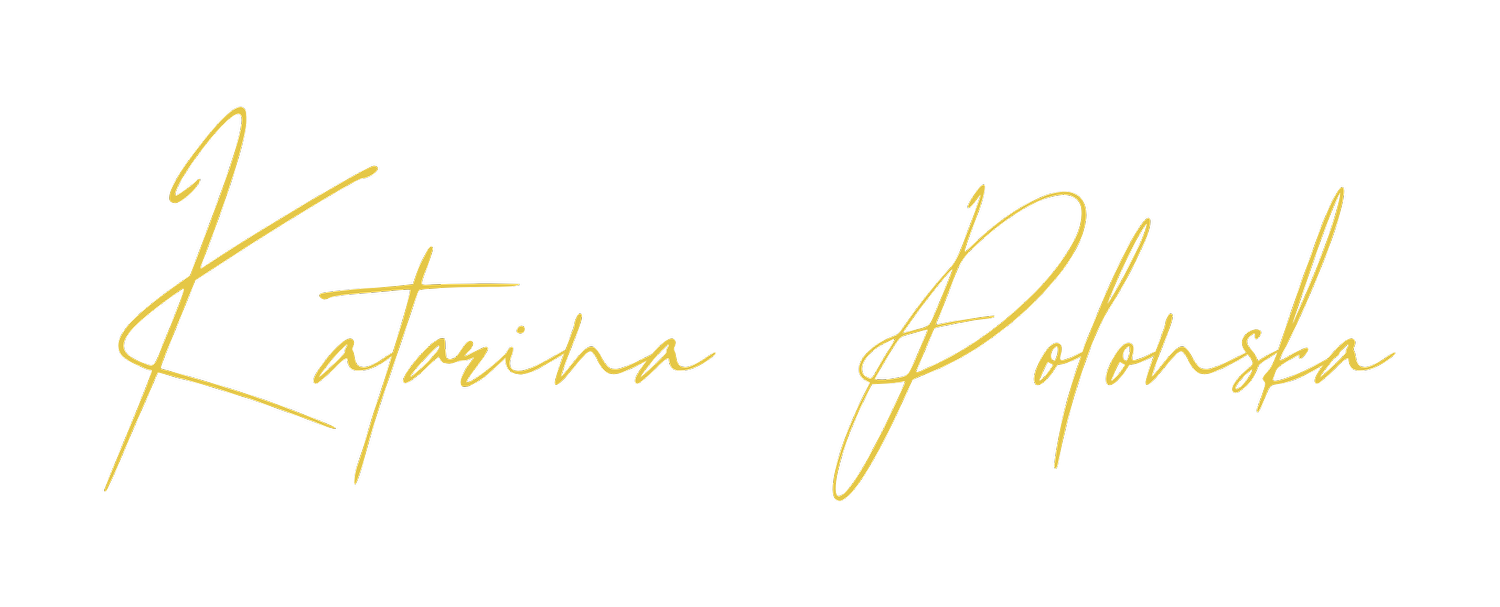Where does the body, embodied cognition, embodiment, and gut instinct come in?
One of the central tenets of transformative coaching, and probably the greatest source of information for me throughout all my work, is the phenomenological experience. Each person’s lived experience, as taken in and perceived through their body, the physical entity through which they live, has the greatest validity, meaning, and potential for exploring their challenge.
This is the premise of embodied cognition theory. This body of thought postulates that the human mind is largely determined by the human body and its structures (morphology, sensory and motor systems), and how it interacts with the physical environment. This concept emerged from work in late 20th century linguistics, philosophy, and cognitive psychology and is also known as phenomenology. This new research points towards bodily processes in forming how our cognition is generated. So, for example, in the simplest terms, a tall man will perceive and experience the world very differently to a small child. Their physical shape in the world, and their bodily experiences of it, will dictate how their brain experiences reality. Mind and body are united, not separate entities. Working with the body, therefore, can reap results for the mind.
Since the body perceives, takes in and processes everything around us, the body can therefore be seen as the best source of self-information for each individual. Our minds filter information based on our mental map, but the body, fueled by our subconscious, is constantly taking it all in. It is also connected to our deepest sense of self, to our deepest fears, truths and desires.
Whether someone’s lived experience is seemingly ‘objectively accurate’ or not is therefore irrelevant; we all have different lived experiences based on our mind filters, so what matters is that they perceive and feel things in a certain way and that we work with this starting premise. My lived experience is different to your lived experience because we fundamentally perceive things differently based on our bodies and their phenomenological interactions with the world.
So, by bringing awareness to the body, and tapping into what it is feeling and sensing, we are able to bring full awareness to our lived experience. And with full awareness of our lived experience, we can begin to explore all of the underlying meanings, assumptions, beliefs, values, and options available to us. Much of the coach’s role is to bring awareness to the client’s lived experience, and help them to explore and question it, creating room for more empowering, new possibilities.
This idea of the lived and felt experience being sensed through our bodies, is quite simply, the idea of embodiment.
Learning to be more ‘embodied’ means learning to be able to tap into your body’s holistic phenomenological wisdom so that you are more intuitive and sensitive to all the information around you that it is taking in. It also helps you connect to your gut instinct, which lives inside your body, and both knows what your deepest and most authentic self needs and wants and is constantly interacting with the external world.
Rather than trying to think your way through everything and use the power of your mind, if you are able to quickly connect with your body and listen to your gut, you can take in and make sense of your lived experience more fully. You are able to operate from a more whole place, with mind and body connected, and pick up quickly on what is causing pain or discomfort, what feels off, and what you need. You can hear your gut instinct (which knows what you need) clearly, and can understand its language. With embodiment, you take the pressure off your mental processes and overthinking brain to let a deeper and more perceptive, holistic wisdom guide you. Ultimately, you have more resilience, awareness, connection, agency, and wellbeing.
To truly transform and evolve, then, and to truly get clear on our life’s direction, purpose, authentic sense of happiness, freedom, and success, we have to be connected to our body. We have to be able to listen and discern to our body’s wisdom and to make full use of our rich phenomenological experience. When we are embodied like this, we are able to uncover the deeper experience, meaning, and potential for change that lies within us. We are able to reclaim our lost power that our rational minds gave away over the years to the external world - to societal pressures, other people’s plans for us, goals, ideas, values, and life direction. We are able to come home to ourselves, to reconnect with our deeper truth, and guide ourselves to a more authentic happiness and success. We are able to reconnect with our own true sense of freedom and find authentic fulfilment. And whatever we do from that point is going to feel more abundant, nourishing, and sustainable.
When do you know to listen to your gut instincts? Do you have questions about how to tap into this powerful insight? Message me on LinkedIn or email me – I’d love to hear from you.

